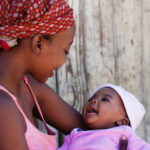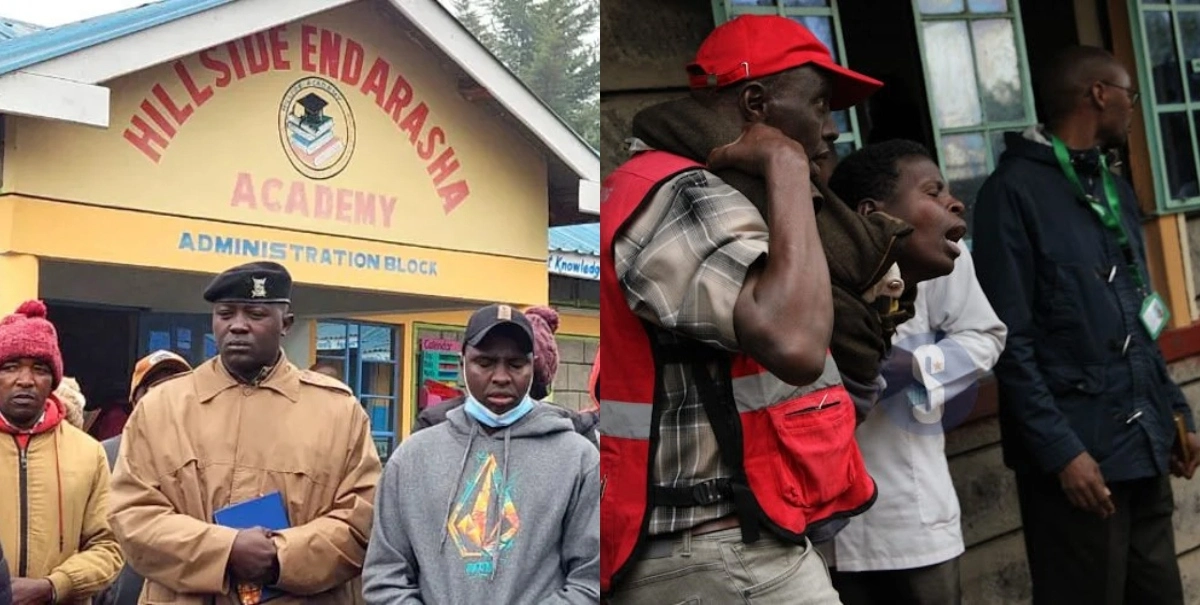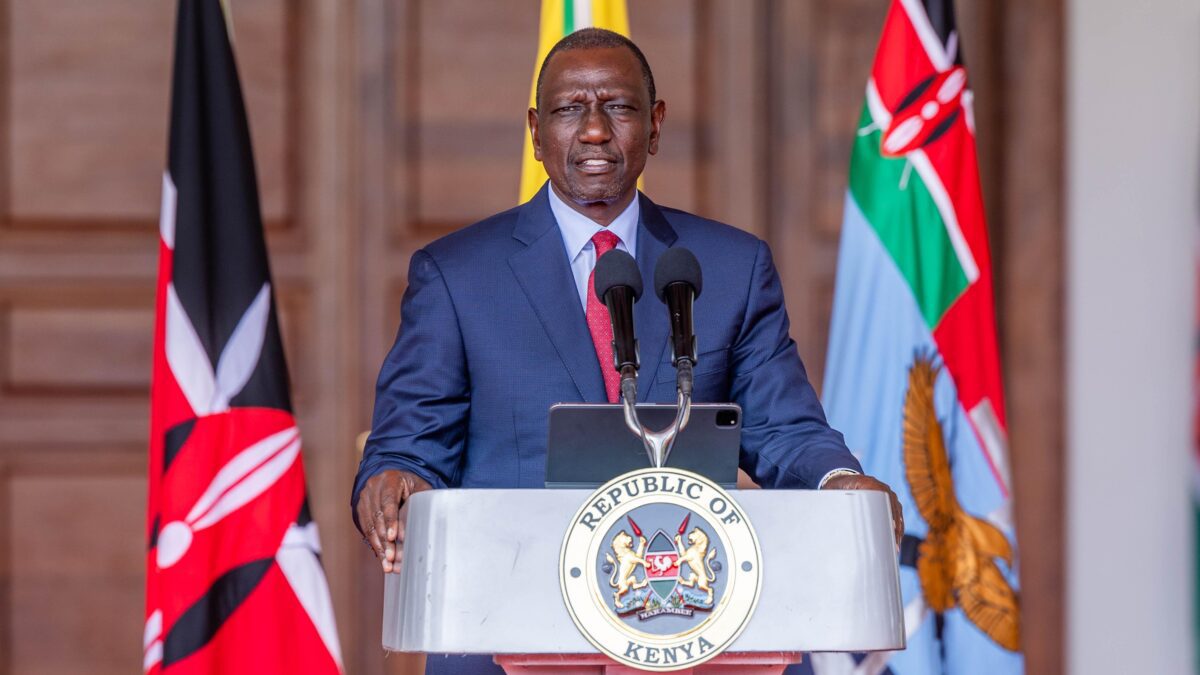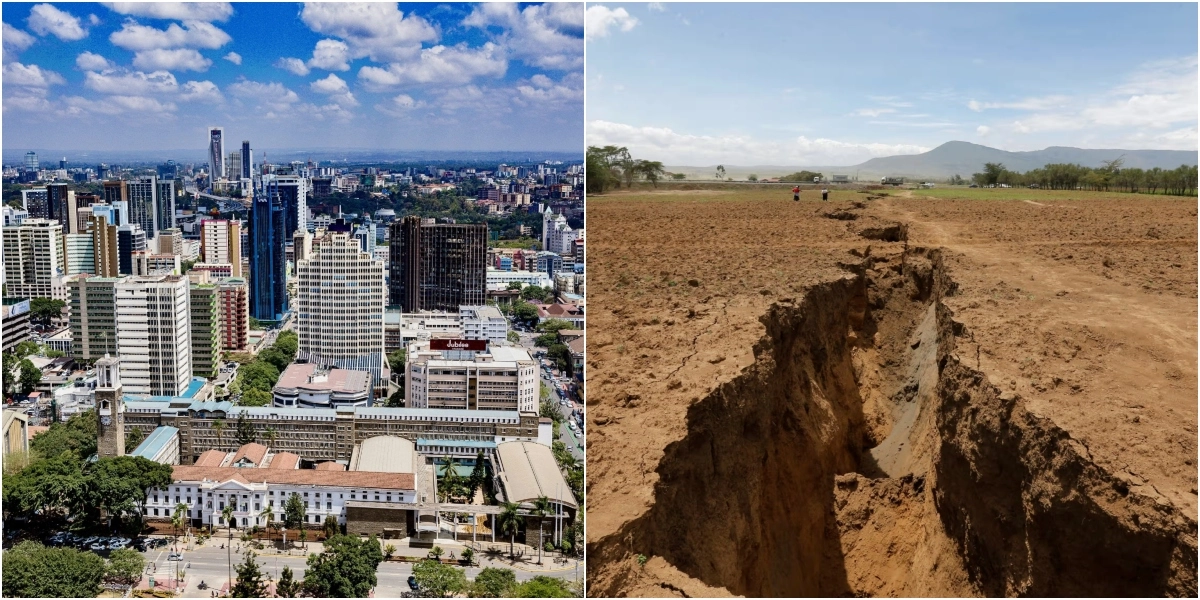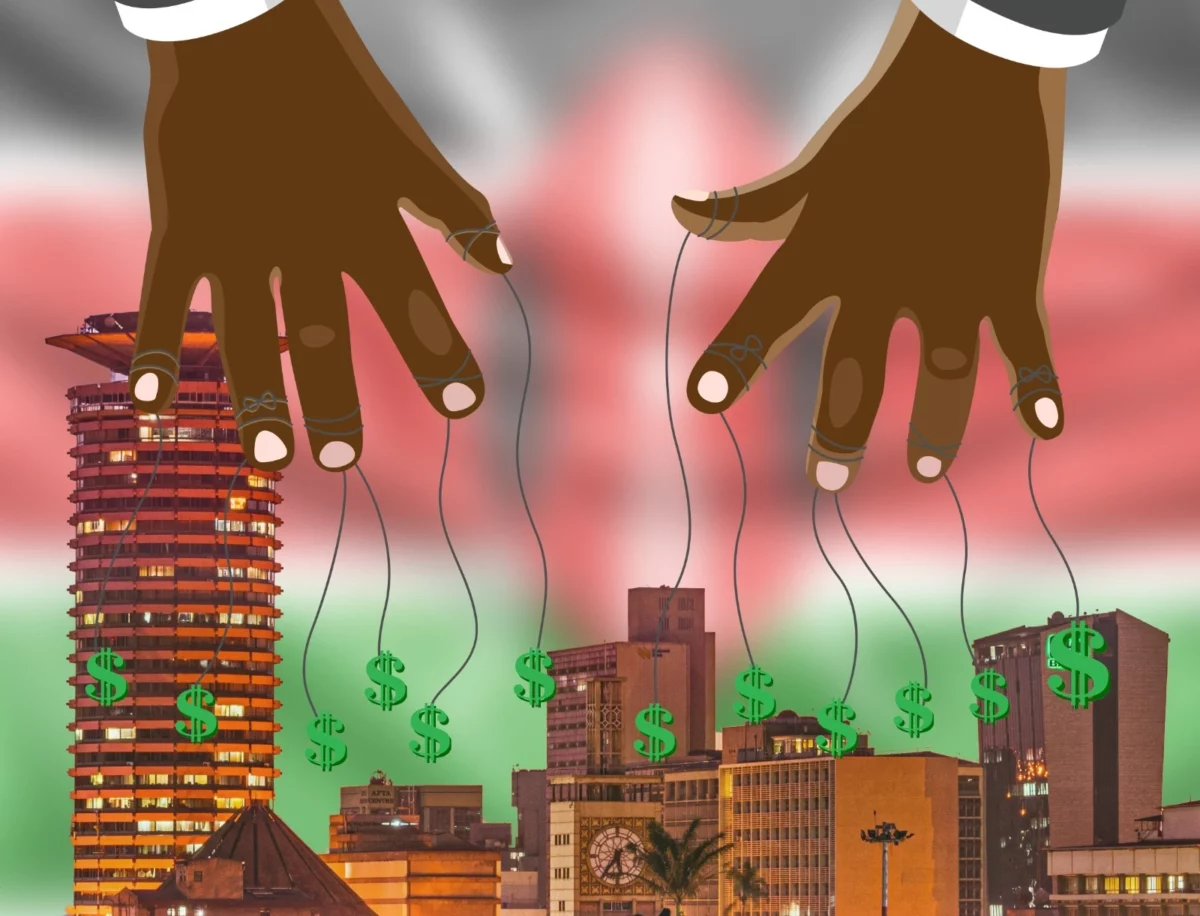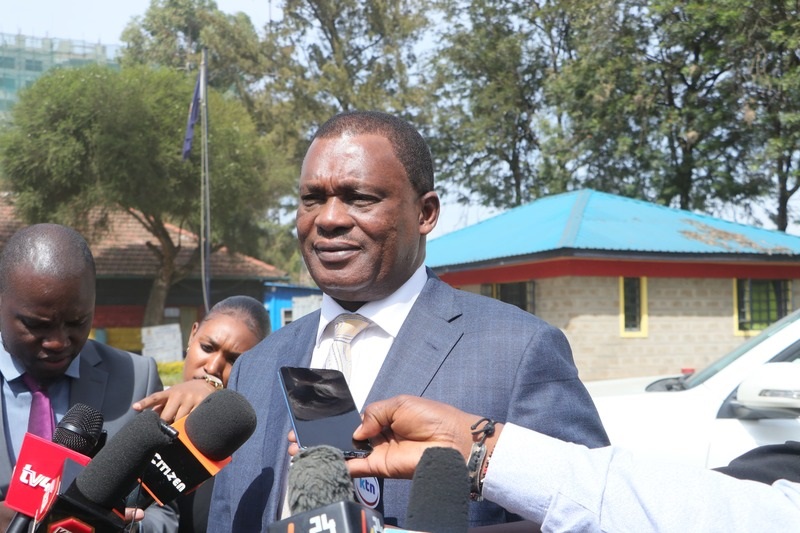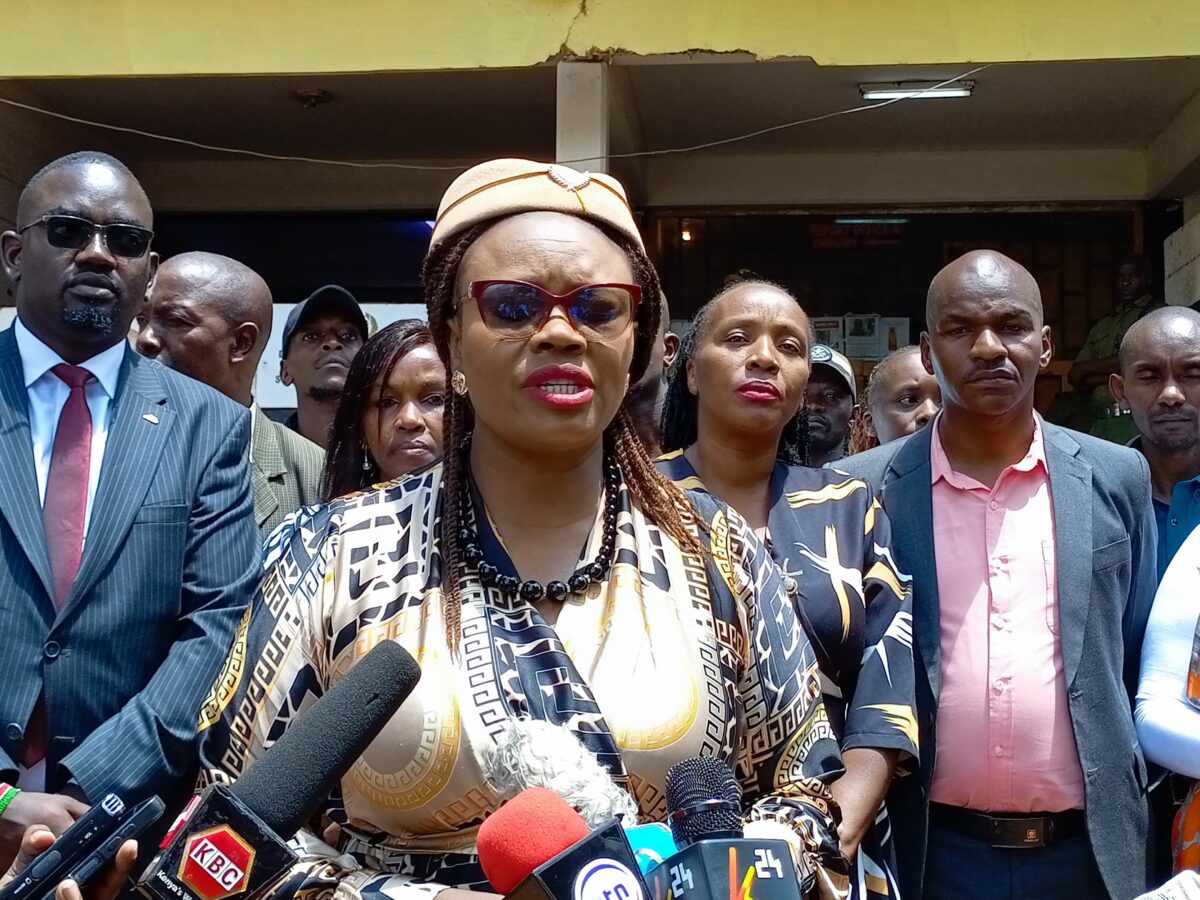The Ugandan ministry of health has advised all Ebola survivors to abstain from sex for a period of three months unless they use condoms.
“Before returning home, Ebola patients will have their blood tested in the laboratory to ensure the virus is no longer in their body. However, people who have recovered from the illness should not have sex for at least three months unless they use condoms,” said the Health Ministry as quoted by Ugandan local daily The Monitor.
This comes after concerns that the viral disease can continue spread even after receiving a dose.
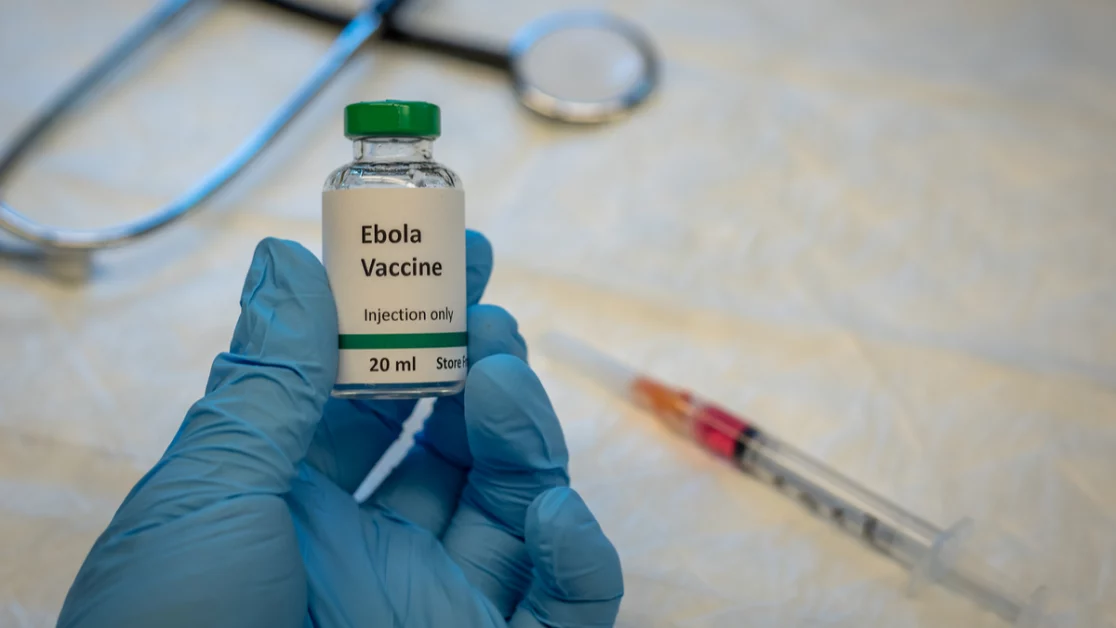
Subscribe to YouTube Channel at Switch TV.
According to clinical research published by Beeching, N. J., Fenech, M., & Houlihan, C. F. (2014), the ebola virus disease is a severe, often fatal, zoonotic infection caused by a virus of the Filoviridae family (genus Ebolavirus).
Human-to-human transmission occurs through contact with body fluids from infected patients.
The incubation period after infection is 1-21 days and patients are not considered infectious until they develop symptoms.
Initial stages of infection are non-specific, which makes the differential diagnosis broad.
According to Dr. Ataro Ayella, a clinical epidemiologist who has first-hand experience handling the virus, the disease can still be spread even if survivors have no visible symptoms of infection.
“The nature of the virus gives it the ability to survive for long in reserves in the body (brain, spinal fluid, semen, placenta, and eyes) even when the patient is declared cured. The virus can be stored alive in the semen for long since it is a conducive environment for its survival, unlike other body fluids,” said Ayella.
Ugandans have encouraged President Yoweri Museveni’s administration to educate residents about abstaining in order to reduce the likelihood of more diseases spreading.
Meanwhile, 36 cases of ebola have been reported while 23 victims from the total figure, were reported dead.
On the other hand, the Kenyan ministry raised a red flag to 20 counties, claiming to be at high risk of ebola virus.
In a Tuesday statement from the acting Health Director General, Dr. Patrick Amoth, counties like Busia, Nakuru, Kiambu, Nairobi, Kajiado, Machakos, Makueni, Taita-Taveta, Mombasa, Kwale, and Kericho are among the areas at risk of high infection from the virus.
Other counties on high alert are Bungoma, Siaya, Migori, Homa Bay, Kisumu, Trans Nzoia, West Pokot, Turkana, and Uasin Gishu.






